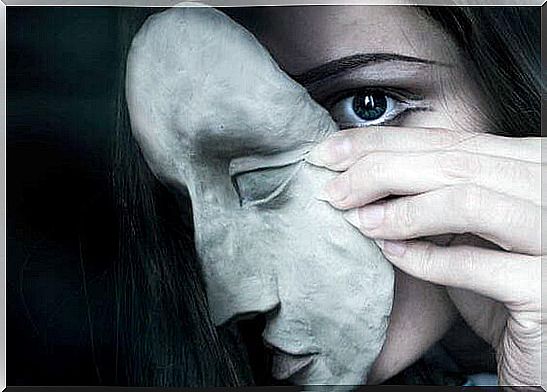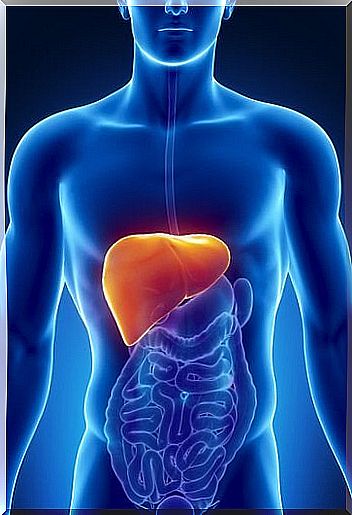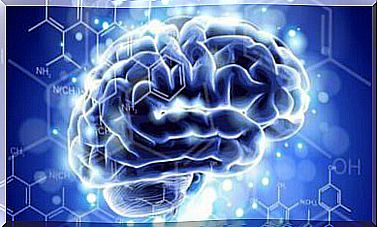Suppressing One’s Emotions Is A Risk Factor For Liver Disease

The most consensual thought of recent years insists on the use of reason rather than that of emotions. We are taught to take importance away from emotions and their expression.
People tend to model their emotional expression on socially accepted canons, which can involve negating or suppressing certain emotions.
Some emotions have been socially labeled as negative, such as anger, sadness, pain, or fear.
We find good examples of this in the phases we hear from our childhood. They are transmitted to us very young and are part of our deepest thoughts.
It is common to hear expressions such as: “If we see you cry, we will think that you are weak”, “If we see you angry, we will think that you are embittered”, “Control yourself and don’t cry not ”,“ Men don’t cry ”etc.
These thoughts become dogmas and we distort the expression of our own feelings, creating the ideal ground for the formation of physical illnesses, including liver disease.
Emotional repression damages physical health
Denying or repressing culturally frowned upon emotions, like sadness or anger, won’t make them go away, even if you throw sand at them.
When we suppress emotions, denying their expression, their effect and their movement is directed directly towards us.
So, for example, when we suppress anger or fear, the muscle tension that we should be experiencing in the outward facing muscles, which are involved in the flight or attack response, is redirected inward, transferring then this load on the inner muscles and viscera.
In the long run, the tension that accompanies emotions and that has been inhibited ends up being expressed in other ways, such as contractions, muscle stiffness, neck and back pain, stomach ailments, headaches. head and liver disease.
Doctor Colbert claimed that the emotions that were stuck inside the person were looking for a solution and an expression. It is part of the nature of emotions, because they have to be felt and expressed.

Controlling emotions is a bit of an illusion under certain circumstances and with very deceptive successes.
Behind the facade of control that the person puts up, there is a very precarious balance because trying to control only brings about an ephemeral transformation of the outward behavior.
Indeed, sooner or later, the repressed emotions will need to come out, one way or another.
The emotions that attack our liver
Located under the diaphragm, the liver is the organ of detoxification. It has a primary role in all functions of life.
It not only filters or eliminates waste, but it also takes care of neutralizing venoms, toxins, microbes and carcinogens. When this organ is affected, it triggers multiple pathologies in and out of the liver, affecting other organs.
Any kind of stress or pressure somehow blocks liver function, because when it tenses the body turns all of its attention to the solution, becomes exhausted and becomes more stressed.
Up to a point, this is normal and healthy, but when stress is repeated and strong, the liver will chronically block its activity and be much more prone to congestion.
The emotion most linked to liver problems is anger according to Macioccia (2009). The term anger should be interpreted in its broadest sense, including emotional states such as resentment, suppressed anger, frustration, irritation, indignation, animosity or bitterness.
If these conditions persist for a long time, the liver can potentially be affected, causing engorgement.

To avoid possible liver disease and keep it in optimal condition, it is a good idea to override society’s advice on suppressing negative emotions.
Instead of avoiding anger and frustration, we need to confront the situations that produce these emotions, talk about the topics that bother us and resolve stressful situations.








